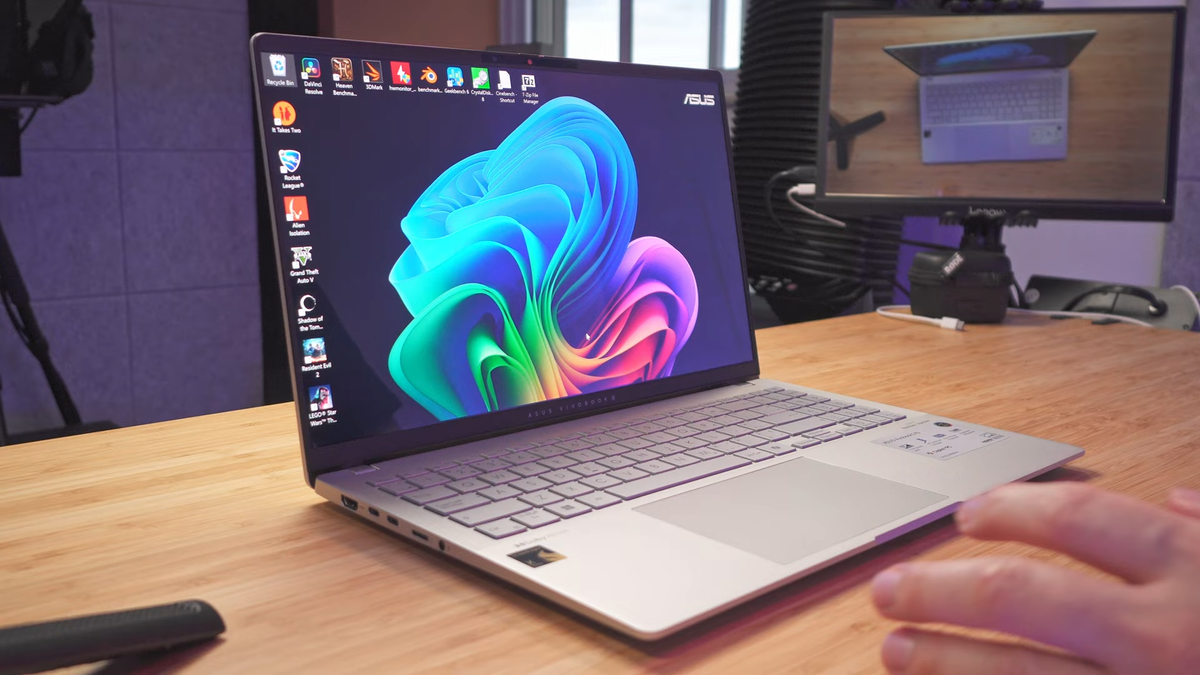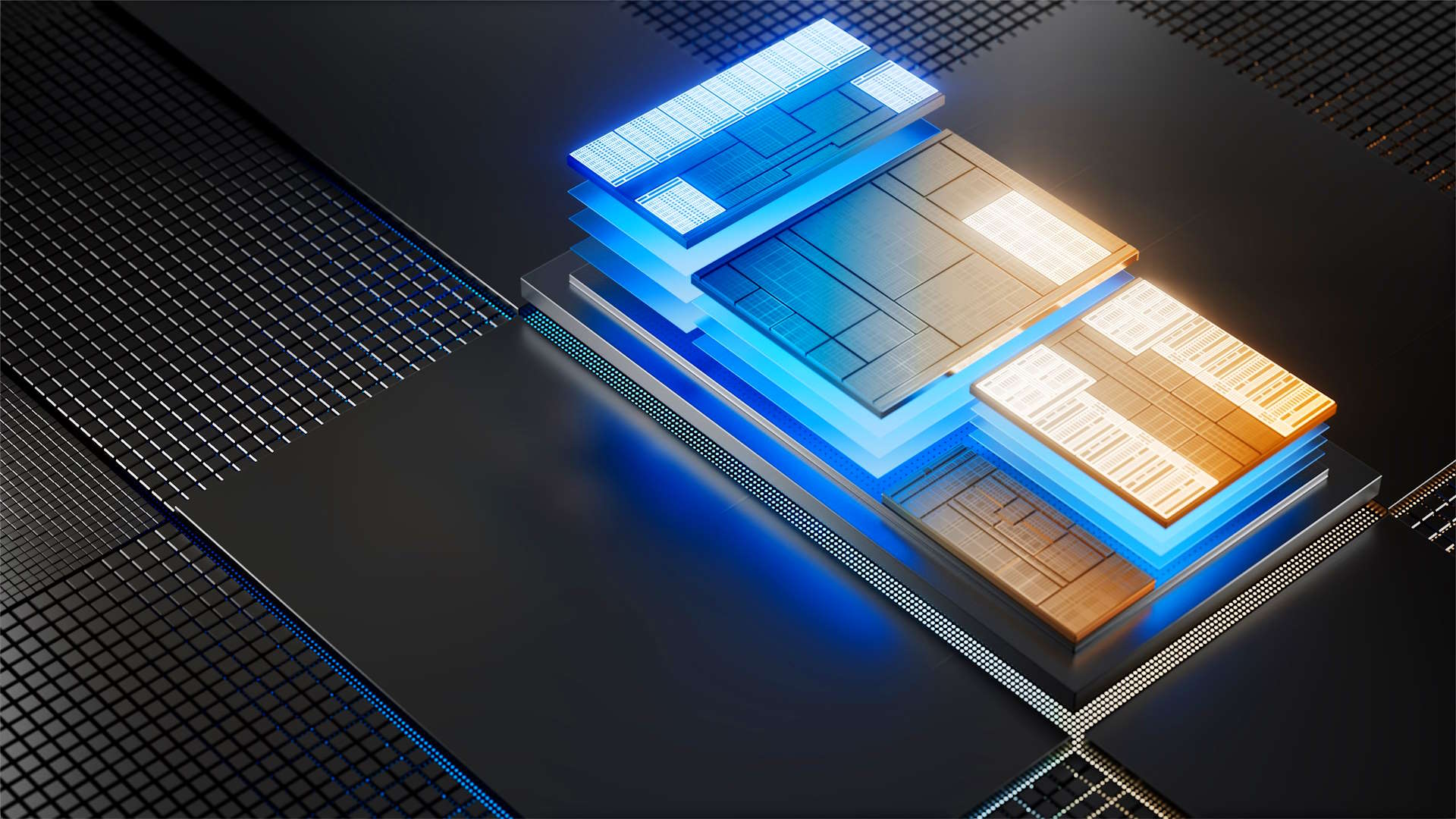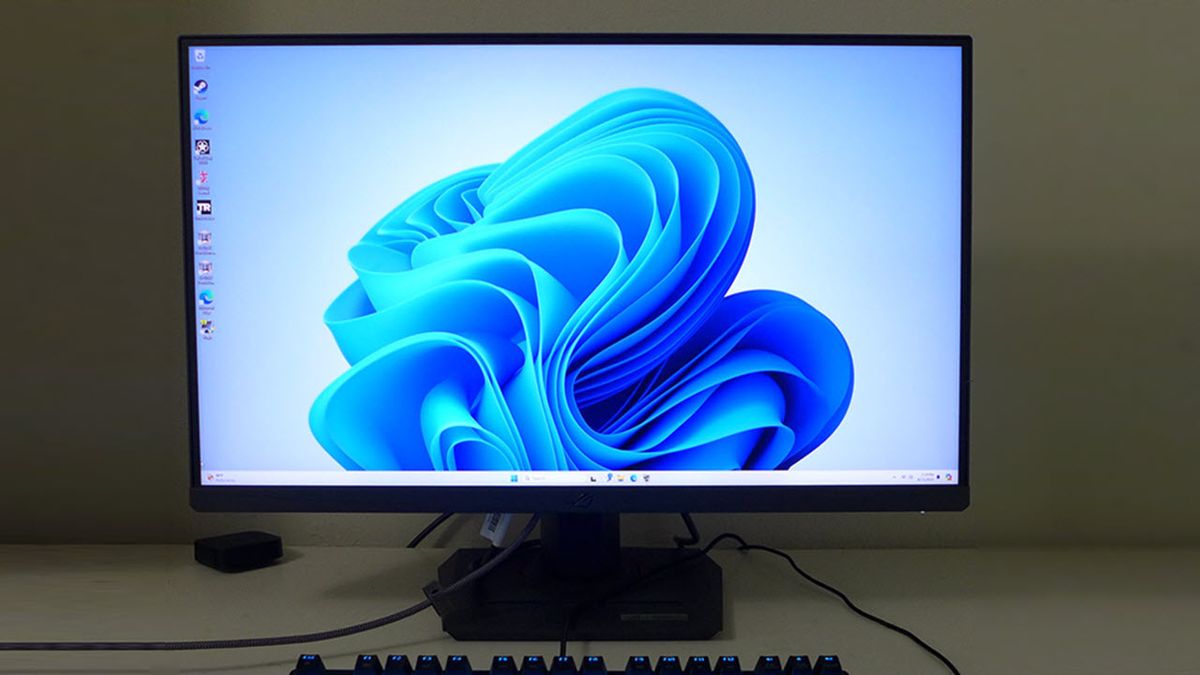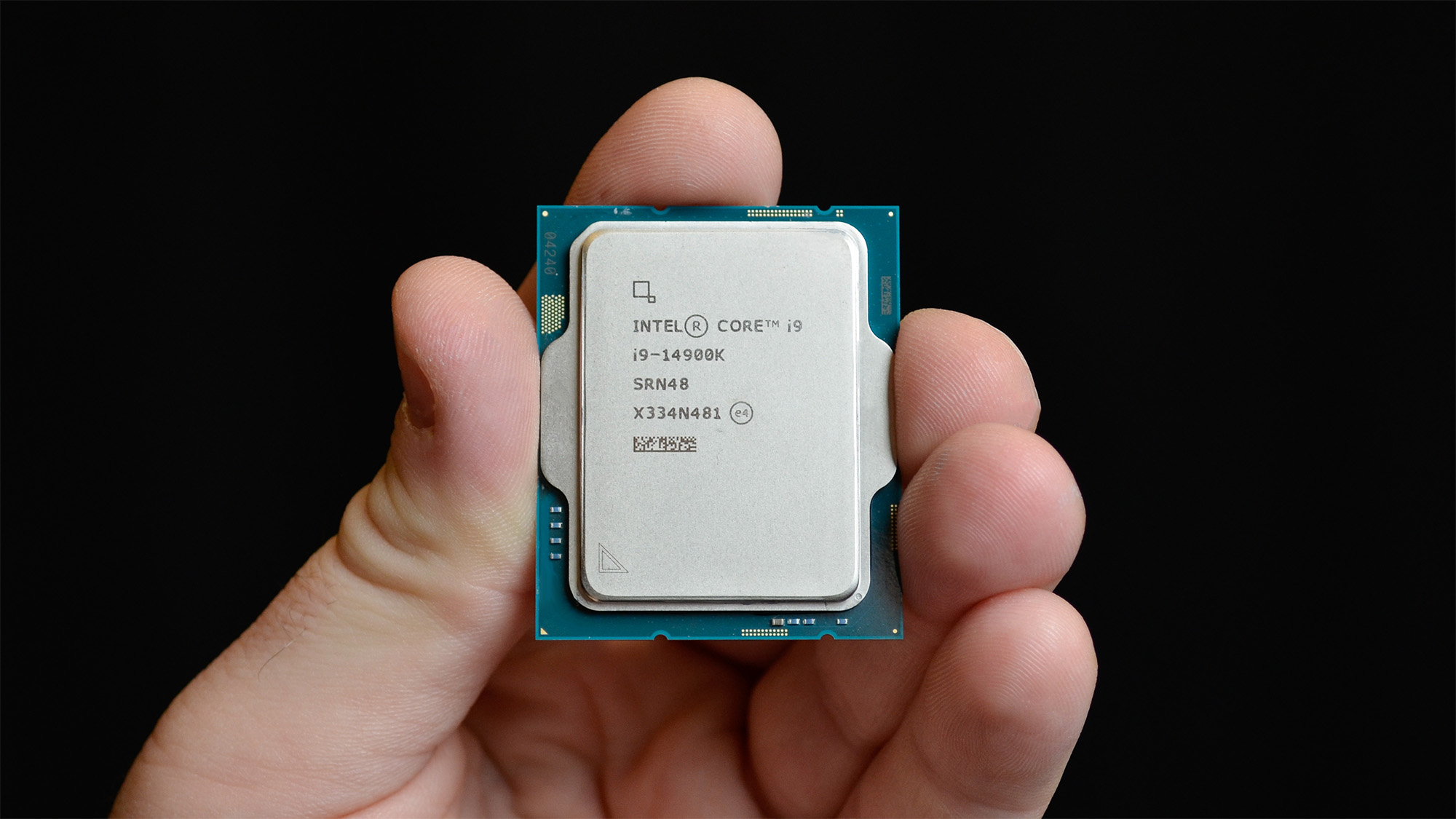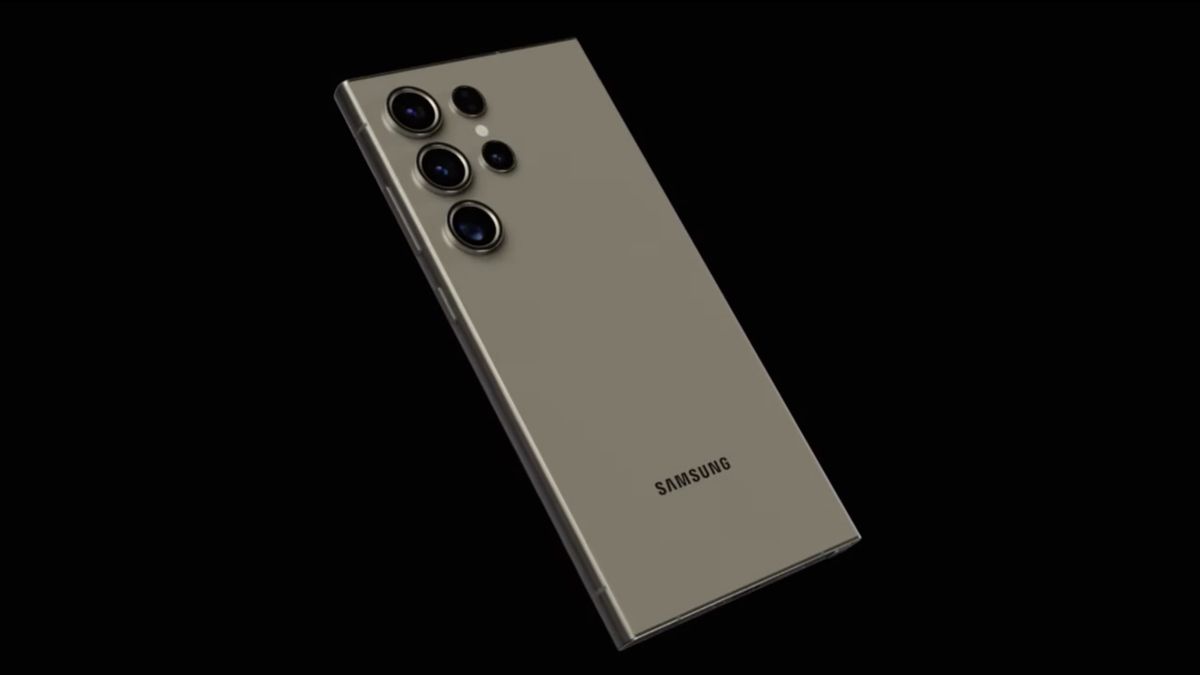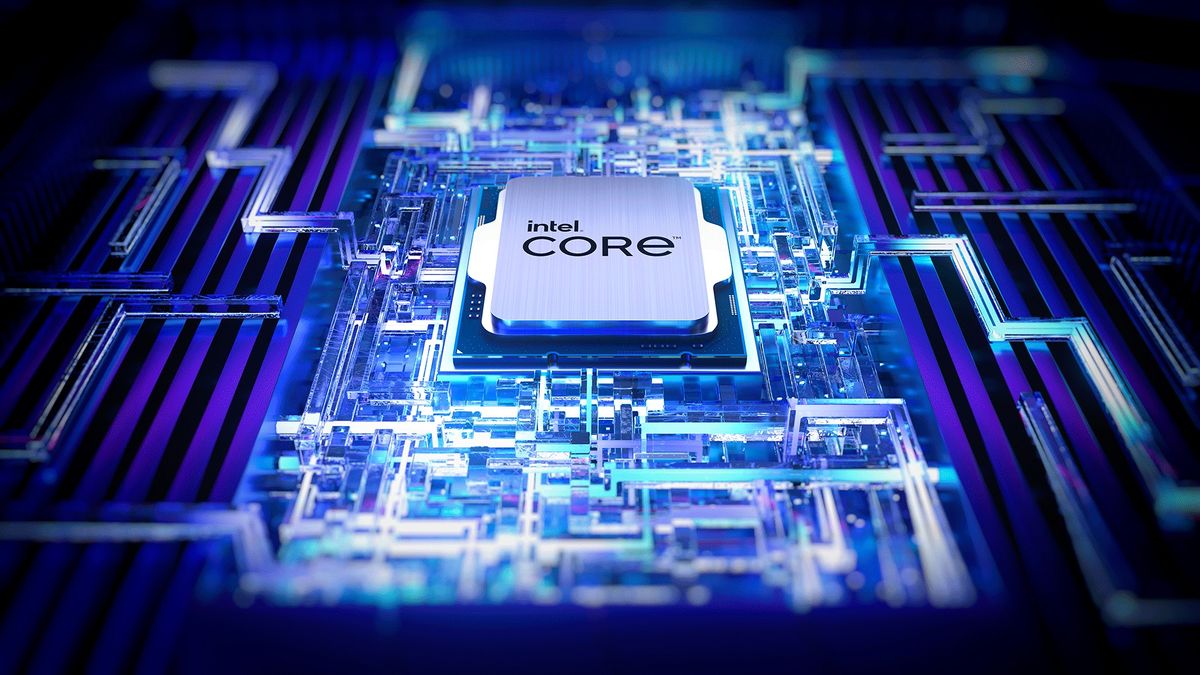From www.techradar.com
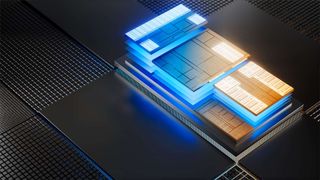
A fresh Arrow Lake leak seemingly gives us a look at the upcoming 800 series motherboards for the next-gen CPUs (using the LGA 1851 socket), and if genuine, it shows that Intel is providing a total of 32 PCIe lanes – with two NVMe SSD slots connected to the CPU – and no support for DDR4 memory.
https://t.co/SVtb9BQnxm pic.twitter.com/HqONNC9jzZJuly 1, 2024
First posted on the Chiphell forums (as uncovered by HXL on X, via TechPowerup), the leaked diagram shows an Arrow Lake desktop processor on the LGA 1851 socket with 16 PCIe 5.0 lanes for the graphics card, with a dedicated PCIe 5.0 slot and a PCIe 4.0 slot for NVMe SSDs.
So, with Arrow Lake, you’ll no longer need to choose which of your components receives the added bandwidth of PCIe 5.0, with a fair few more lanes to choose from here compared to current Intel 700 series motherboards.
The diagram also states “DDR5 2CH/2DPC” implying that Team Blue will officially drop the older and slower DDR4 RAM with the Arrow Lake platform, which will be DDR5 only.
Connectivity seems to have been improved as well, as you might expect. The 800 series chipset will feature Intel Wi-Fi 7 with Thunderbolt 4 as standard. Additionally, there’s support for USB 3.0 (5G, 10G, and 20G) and Intel 2.5Gb LAN. It appears that PCIe 3.0 will be dropped with the next generation of Intel processors, too, so it’s very much a case of looking to the future and abandoning legacy hardware.
Given that, this leak further bolsters the rumor that there will be no support for Thunderbolt 5 with Z980 motherboards, which is disappointing given the advancements made in other areas here.
Intel Arrow Lake processors are expected in Q3 2024 which is consistent with Team Blue’s previous launch windows. The introduction of LGA 1851 is the first socket change since 2021, one of the longest gaps in recent memory. That means you’ll need to upgrade your motherboard to a new model to take advantage of Arrow Lake – which will be Intel Core Ultra 200 – processors.
Team Blue is finally letting go of DDR4 memory
The best DDR5 RAM has been thriving on the market for several years now, although these memory kits were initially very expensive at launch (as is always the case). Fortunately, more recently we’ve seen DDR5 sticker prices come down as the memory modules have become faster, pushing the boundaries as high as DDR5-10000 at the premium end of the spectrum.
By letting go of DDR4, the older and far slower RAM standard at this point, Intel will give its processors a much-needed boost by replacing PCIe 4.0 lanes with the newer PCIe 5.0 alternative as mentioned (assuming this leak is correct, of course).
AMD already made this change back in 2022 with the launch of the Ryzen 7000 series, whereas both of Intel’s Raptor Lake generations held out for another two years. If you’re still running DDR4 RAM, you’ll need to upgrade the memory sticks (along with your motherboard, of course), as they won’t be any good for Arrow Lake – but you should see the benefits for work and play.
You may also like…
[ For more curated Computing news, check out the main news page here]
The post Intel Arrow Lake leak suggests big changes for next-gen CPUs including shifting up a gear to faster RAM first appeared on www.techradar.com


